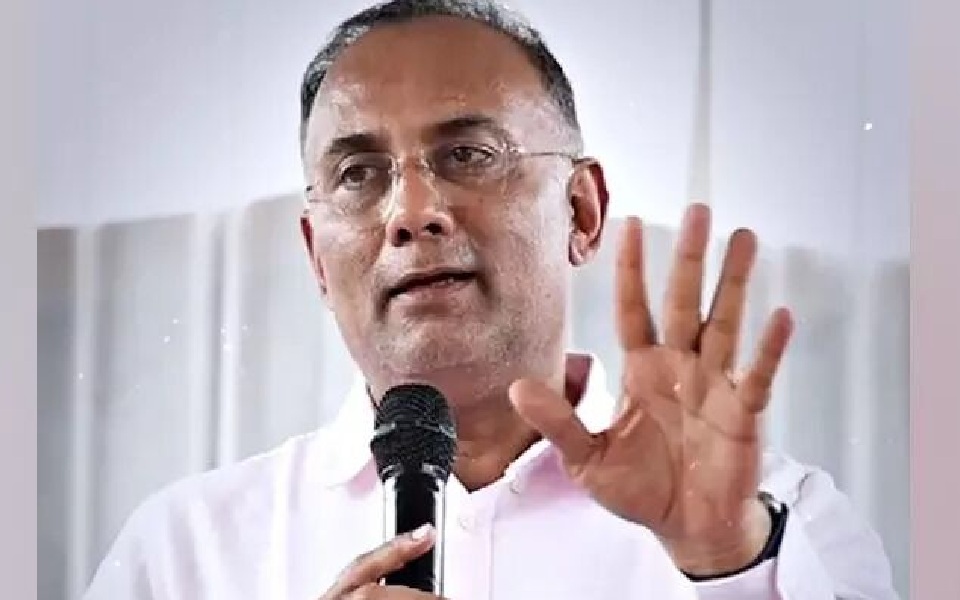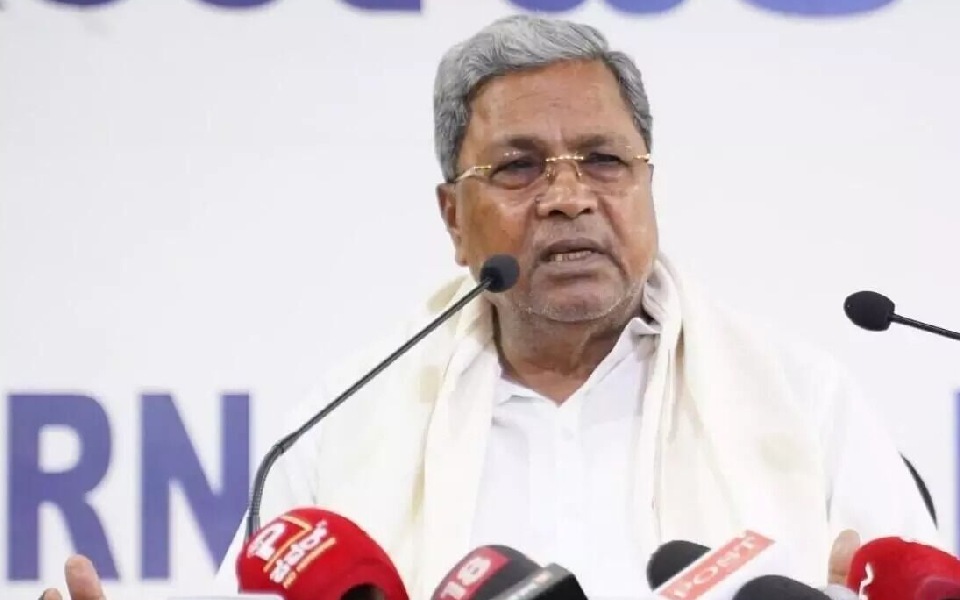New Delhi: Amidst the jubilation surrounding her historic win of the Grand Prix at Cannes 2024 for her debut fiction film, 'All We Imagine As Light', filmmaker Payal Kapadia's journey has not been devoid of challenges. A closer look reveals her past activism during her days as a student at the Film and Television Institute of India (FTII).
Back in 2015, Kapadia found herself at the center of a prolonged protest against the appointment of Gajendra Chauhan, a television actor-turned-politician, as the institute's chairman. Leading a 139-day agitation, she and fellow protestors voiced concerns over Chauhan's perceived lack of qualifications for the role. Kapadia's involvement led to disciplinary action by FTII, resulting in the revocation of her scholarship after she boycotted classes in protest.
During the height of the agitation, tensions escalated when the then-director of FTII issued notices for the evacuation of hostel rooms and assessment of incomplete film projects. In response, students, including Kapadia, confronted the director, leading to arrests and further disciplinary measures.
Despite facing adversity, Kapadia's talent shone through with her short film 'Afternoon Clouds' earning recognition at the Cannes International Festival in 2017. FTII eventually reversed its decision, offering support for her endeavors, including participation in international programs.
Kapadia's commitment to storytelling and social commentary continued with her documentary 'A Night of Knowing Nothing', exploring themes of love and estrangement against the backdrop of the protest.
Indian filmmaker Payal Kapadia made history at the Cannes Film Festival by becoming the first Indian to win the Grand Prix award for her film "All We Imagine as Light". The film, a Malayalam-Hindi feature, captivated audiences with its narrative about friendship and dreams unfolding against the backdrop of urban life. Kapadia's directorial debut received widespread acclaim, marking a significant moment for Indian cinema on the global stage.
In addition to Kapadia's win, Indian talent shone brightly across multiple categories at Cannes. FTII student Chidananda S. Naik's "Sunflowers Were the First Ones to Know..." clinched the La Cinef first prize, while production designer Anasuya Sengupta made history as the first Indian to win the best actress prize for her role in "The Shameless".
Let the Truth be known. If you read VB and like VB, please be a VB Supporter and Help us deliver the Truth to one and all.
Bengaluru: Karnataka’s Health Minister Dinesh Gundu Rao announced on Wednesday that the state government will take over the management of 108 ambulance services, taking them out of the hands of private agencies.
Until now, the 108 ambulance services were operated by private agencies despite being owned and funded by the government. "There were several operational problems under private management. Ambulance staff often faced delays in salary payments, and the government had to step in repeatedly to resolve such issues," Rao said.
He emphasized that the government had been bearing the entire cost of the service from fuel expenses to employee wages while the operations were outsourced to a private entity. The arrangement included a single command center for the entire state, which Rao said was inadequate for managing such a critical health service.
Highlighting the importance of the 108 service in saving lives during medical emergencies, Rao revealed that a pilot project to directly manage ambulances was successfully implemented in Chamarajanagar district. Encouraged by its success, the government is now ready to expand the model statewide.
Beginning next month, all government ambulances will be brought under the direct supervision of the health department. Within three months, the department also plans to take control of the command and control functions currently handled by private agencies. A central command center will be established in Bengaluru, along with district-level centers to ensure better coordination and faster response times.
Minister Rao also added that this transition will not only streamline operations and enhance service quality but also result in significant savings running into hundreds of crores for the state exchequer.





